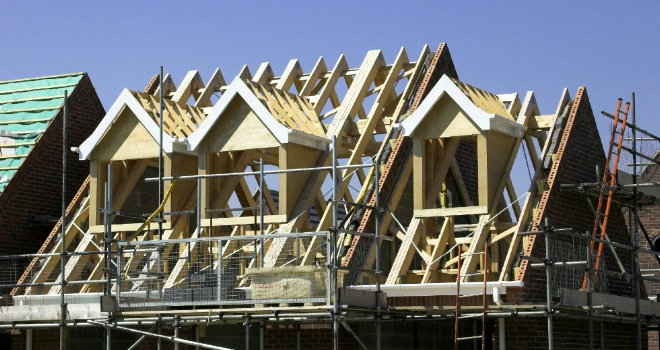Housebuilders and property developers should face a statutory charge each time they hire construction companies if they fail to support training and innovation in the industry, according to a government-commissioned review. The evaluation by Mark Farmer, an independent consultant, of the construction labour force found that the industry was failing to invest in either training or research and development, resulting in a steadily shrinking workforce that was failing to increase productivity. “The construction industry is in dire need of change,” Mr Farmer said. “What is clear to me following the nine months spent conducting this review is that carrying on as we are is simply not an option. “The construction industry doesn’t have the impetus needed for this change. It requires external action … If Brexit results in reduced migrant labour, the situation could be made even worse.” The review suggests that clients of construction companies — who include housebuilders and property developers — should face a statutory charge of 0.5 per cent of the cost of each project if they fail to demonstrate they are contributing to “capacity building and modernisation”. Companies including housebuilders already pay the Construction Industry Levy, which funds the sector’s training board, and will also be required to pay the new Apprenticeship Levy if their pay bills exceed £3m a year. The construction industry doesn’t have the impetus needed for this change. It requires external action … If Brexit results in reduced migrant labour, the situation could be made even worse But Mr Farmer said existing levels of industry investment in training are “extremely low when viewed against other UK industry benchmarks”. Only 57 per cent of employers in the sector offered any training in 2015, according to the Commission for Employment and Skills. “£180m of CITB levy (with only £140m issued back in grants) in a £100bn industry with 2.3m employees does not bode well in terms of ability to have any scalable impact,” Mr Farmer said. Increasing reliance on private-sector housebuilders has made the industry more cyclical, the review found, which has worked against long-term investment in training, as have low margins among construction companies. Mr Farmer also recommended a broad overhaul of the CITB and a large-scale pilot programme of modular, or offsite, construction, which taps into a different labour force and skill set from traditional methods such as bricklaying. Jesse Norman, industry minister, said the government would “carefully consider” points made in the “important review”. “It makes a strong case for change in the industry,” he said. Sample the FT’s top stories for a week You select the topic, we deliver the news. Source link





